Best Cryptocurrency Books to Learn Trading and Investing in 2023

Cryptocurrency is a rapidly growing global phenomenon revolutionizing how we approach money and payments. As the industry continues to expand, reading the most up-to-date and reliable sources of information is essential for anyone looking to stay ahead of the curve.
To help you get the most out of your cryptocurrency journey, here are the top ten cryptocurrency books you need to read.
From in-depth technical analysis to practical strategies for investing, these books provide valuable insights into the world of digital currency. Whether you're a seasoned trader or just getting started, these books will give you the knowledge and confidence you need to make smart decisions and capitalize on the opportunities presented by cryptocurrency.
Top 10 Cryptocurrency Books
Here are the 10 best cryptocurrency books you need to read in 2023.
1. Digital Gold
Tagline: Bitcoin and the Inside Story of the Misfits and Millionaires Trying to Reinvent Money

Digital Gold is New York Times reporter Nathaniel Popper's brilliant and engrossing history of Bitcoin, the landmark digital money and financial technology that has spawned a global social movement.
Digital Gold charts the rise of Bitcoin technology through the eyes of the movement's colorful central characters, including a British anarchist, an Argentinian millionaire, a Chinese entrepreneur, Tyler and Cameron Winklevoss, and Bitcoin's elusive creator, Satoshi Nakamoto.
2. Crypto Investing Guide
Tagline: How to Invest in Bitcoin, DeFi, NFTs, and More

Ian Balina, the founder of Token Metrics, aimed to craft a strong foundation for crypto enthusiasts by providing powerful insights and helping you kickstart a profitable crypto journey.
This book can act as an educational guide to help you differentiate between the conventional financial system and the crypto world, further deepening the discussion into crypto assets, NFTs, decentralized finance, and security token offerings.
This is the ultimate guide for both beginners as well as experts willing to renew their learnings and strategies.
3. The Book of Satoshi
Tagline: The Collected Writings of Bitcoin Creator Satoshi Nakamoto

This book is recommended to anyone that wants more info on the "start" of Bitcoin. MANY of the same issues that are FUD today have been addressed in the book. It can sometimes be a tad technical, but you don't need to be a programmer to understand.
This isn't a starter book for Bitcoin. You need to read "The Bitcoin Standard" or another similar book before you start this one. It mainly contains public domain writings about bitcoin, but the author has added significant value by sorting through them and adding his own editorial comment and introductory paragraphs.
4. Mastering Bitcoin
Tagline: Programming the Open Blockchain

Mastering Bitcoin is your guide through the seemingly complex world of bitcoin, providing the knowledge you need to participate in the internet of money. Whether you're building the next killer app, investing in a start-up, or simply curious about the technology, this revised and expanded second edition provides essential detail to get you started.
5. Cryptoassets
Tagline: The Innovative Investor's Guide to Bitcoin and Beyond

This clear, concise, and accessible guide from two industry insiders Chris Burniske & Jack Tatar shows you how to navigate this brave new blockchain world and invest in these emerging assets to secure your financial future.
6. Blockchain Revolution
Tagline: How the Technology Behind Bitcoin is Changing Money, Business, and the World

Don Tapscott, the bestselling author of Wikinomics, and his son, blockchain expert Alex Tapscott, bring us a brilliantly researched, easily understandable, and utterly foundational book about the future of the modern economy. Blockchain Revolution is the business leaders' playbook for the next decade and beyond.
7. The Business Blockchain
Tagline: Promise, Practice, and Application of the Next Internet Technology

The Business Blockchain explores how blockchain revolutionizes money and financial transactions. William Mougayar's depiction of this book is the blueprint that covers the blockchain's what, why, and how in the easiest way possible. The Business Blockchain charts new territory in advancing our understanding of the blockchain by unpacking its elements like no other before.
William Mougayar anticipates a future that consists of thousands, if not millions, of blockchains that will enable frictionless value exchange and a new flow of value, redefining roles, relationships, power, and governance.
8. Cryptocurrency Investing Bible
Tagline: The Ultimate Guide About Blockchain, Mining, Trading, ICO, Ethereum Platform, Exchanges, Top Cryptocurrencies for Investing, and Perfect Strategies to Make Money

Cryptocurrency Investing Bible explores how cryptocurrency is revolutionizing money and financial transactions. Author Alan T. Norman makes sure that you get your basics right. And if you are a beginner in cryptocurrencies, want to learn more before start investing, and spend less time researching online, then this one's for you.
9. Cryptocurrency
Tagline: How to Make a Lot of Money Investing and Trading in Cryptocurrency
.png)
This book will shock you most conventionally as the author Andrew Johnson teaches the technique right. Secrets are revealed. This book will help you discover what cryptocurrency is all about and how to make money through investing and trading.
While the Bitcoin ship might have already sailed, there is still time to jump onto the cryptocurrency bandwagon and make a profit. If you are wondering how to do just that, then Cryptocurrency: How to Make a Lot of Money Investing and Trading in Cryptocurrency is the book you have been waiting for.
10. The Internet of Money
By Andreas M. Antonopoulos

While many books explain the how of bitcoin, The Internet of Money delves into the why of bitcoin. Acclaimed information-security expert and author of Mastering Bitcoin, Andreas M. Antonopoulos, examines and contextualizes the significance of bitcoin through a series of essays spanning the exhilarating maturation of this technology.
Andreas goes beyond exploring the technical functioning of the bitcoin network by illuminating bitcoin's philosophical, social, and historical implications. As the Internet has transformed how people around the world interact and permanently impacted our lives in ways we could never have imagined, bitcoin - the Internet of money - is fundamentally changing our approach to solving social, political, and economic problems through decentralized technology.
The Bottom Line
Each of the books mentioned in this article has its own plethora of displaying the what, how, and why of the cryptocurrency, primarily focussed on Blockchain and Bitcoin. Although every book stands tall on its own value, we recommend you evaluate your current knowledge and buy the one that can help you take your crypto journey forward.
Create Your Free Token Metrics Account

.png)




%201.svg)
%201.svg)


%201.svg)



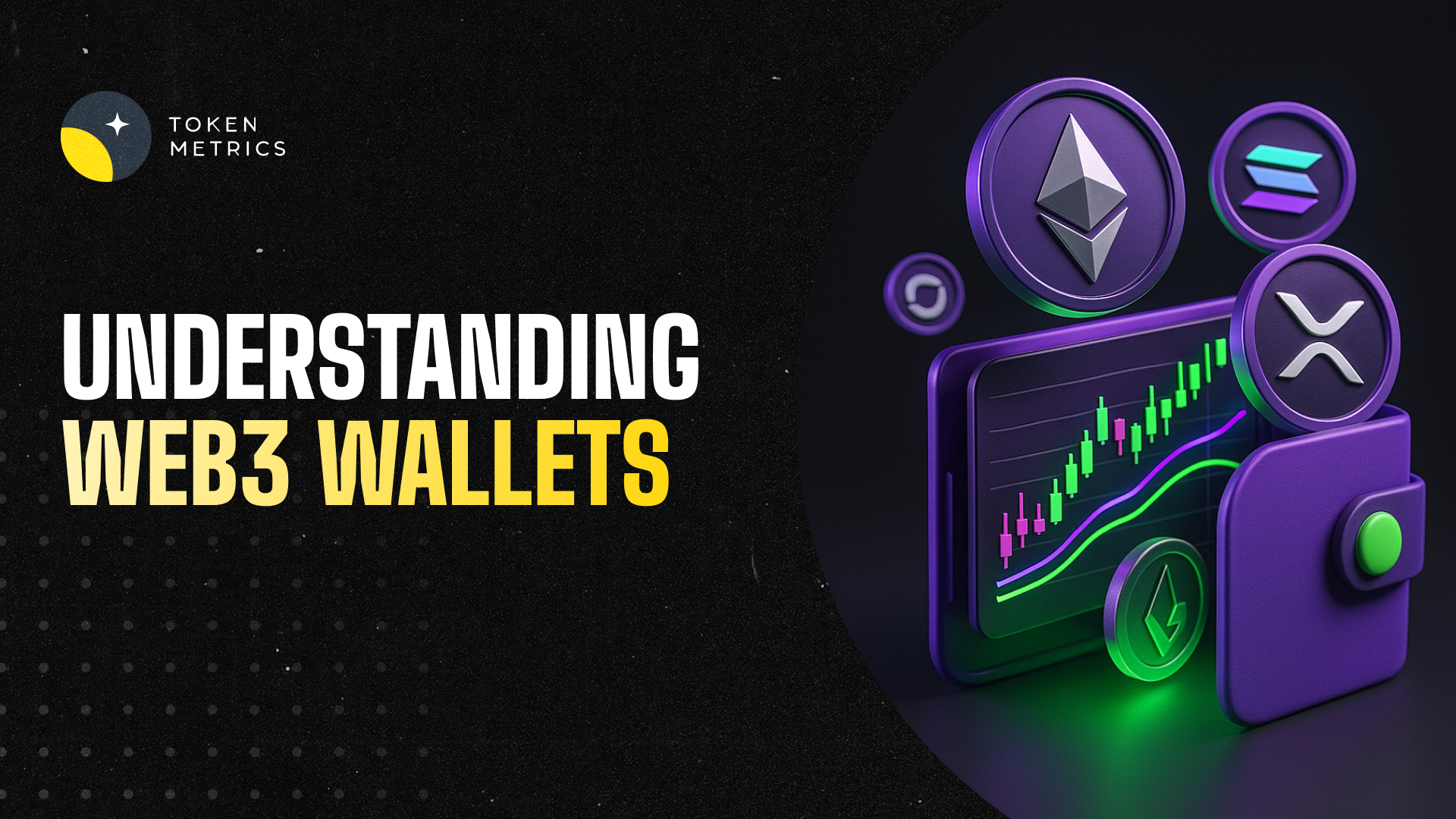
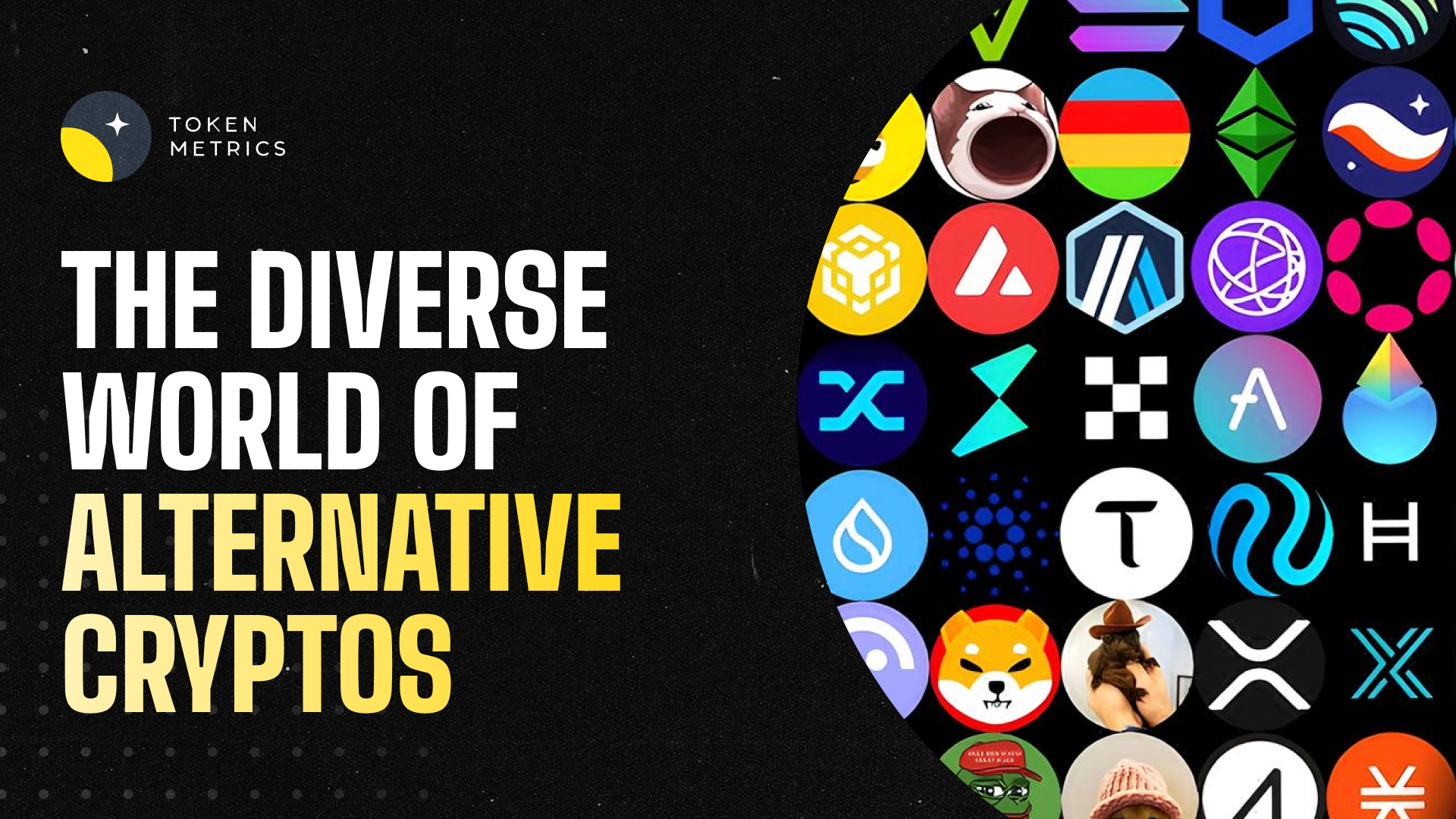
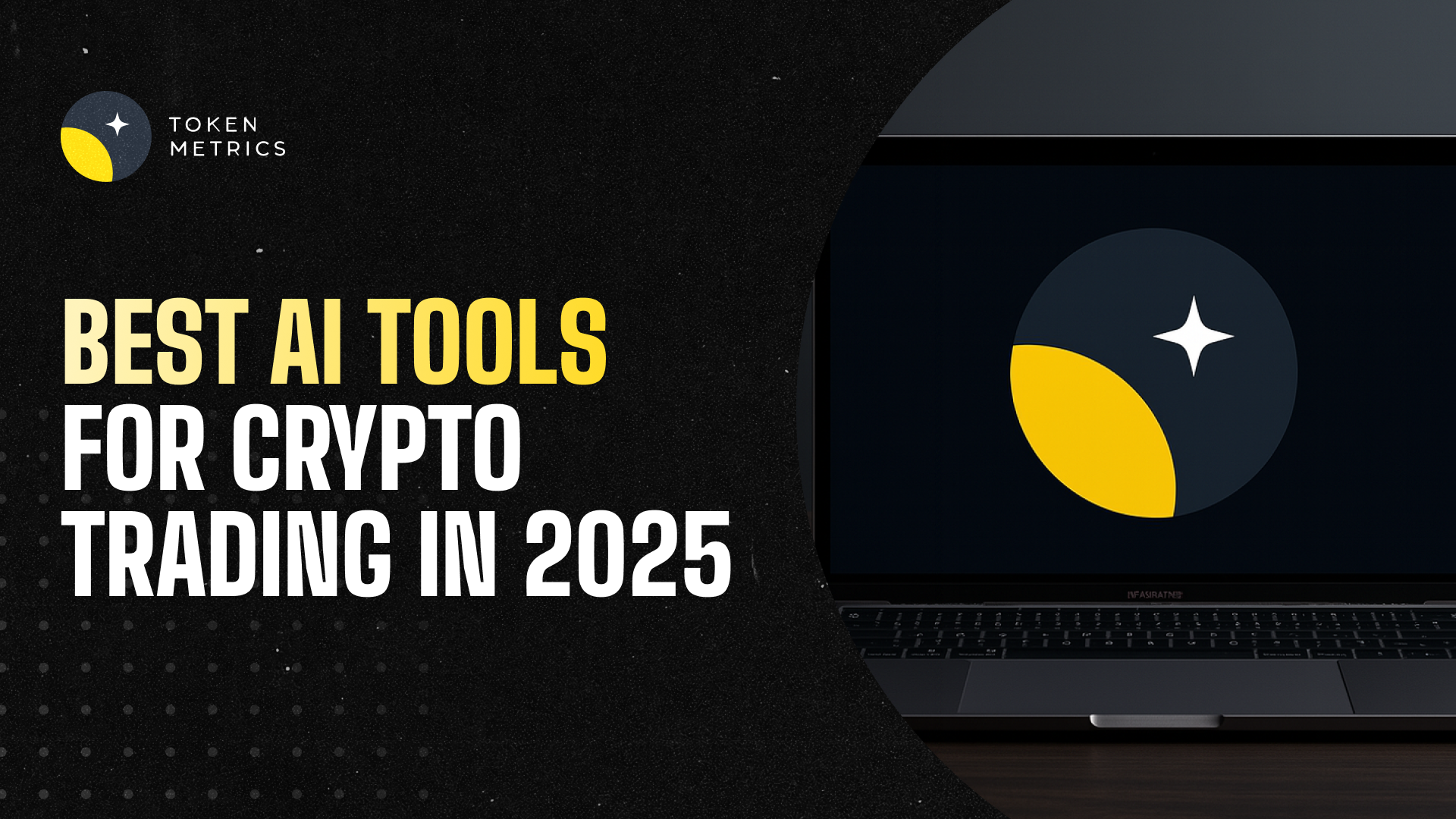


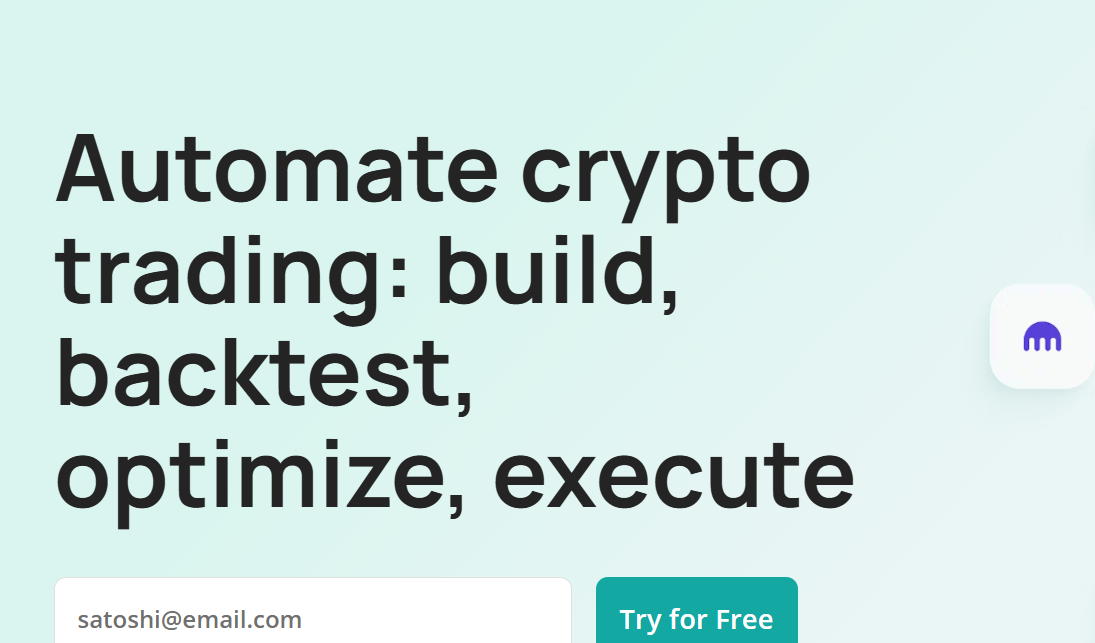
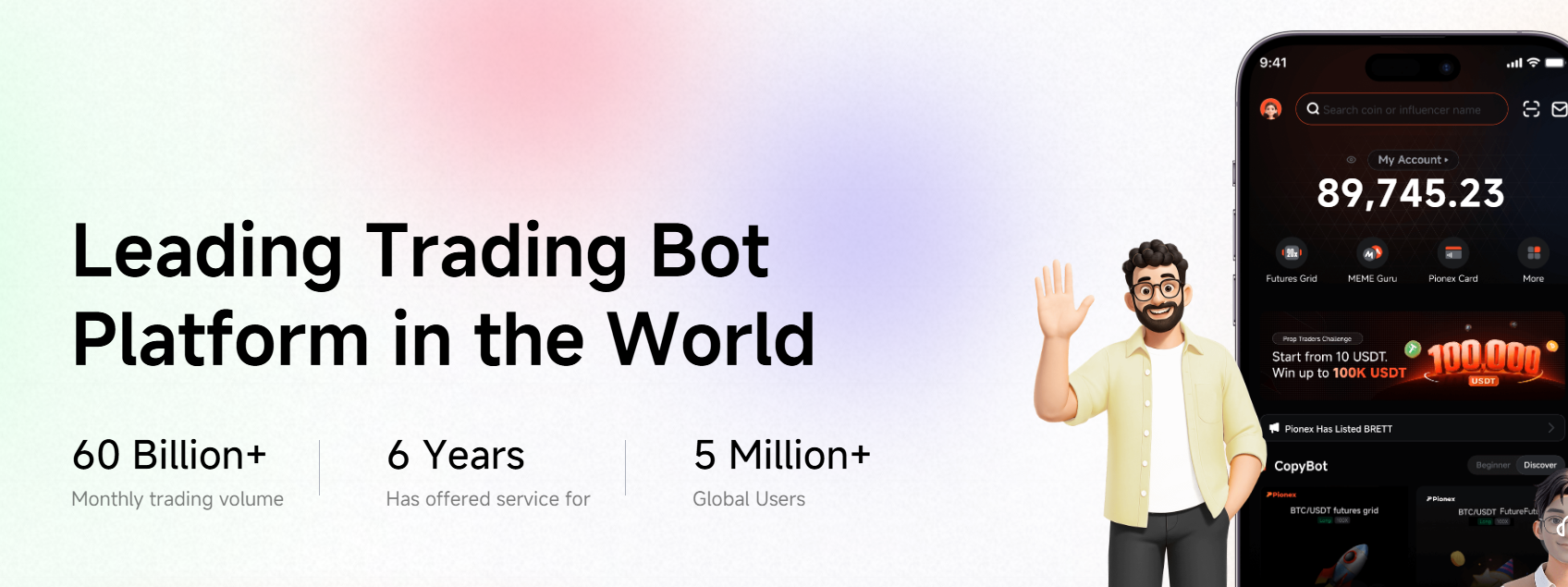




.svg)




.png)